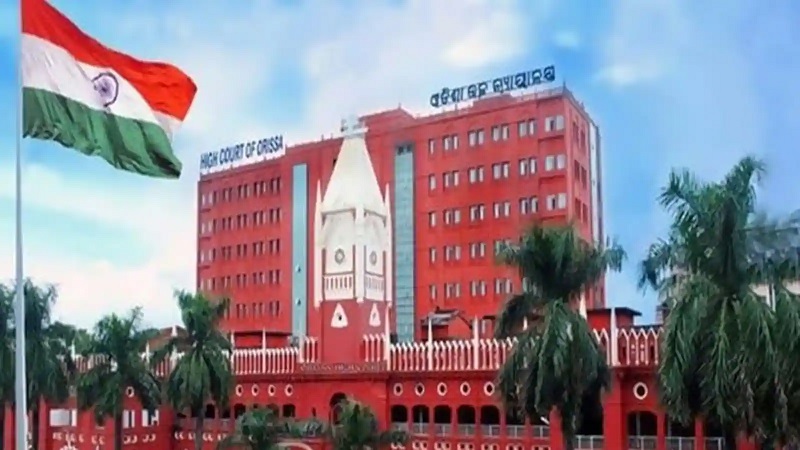 Image Courtesy:hindustantimes.com
Image Courtesy:hindustantimes.com
The Odisha High Court has opined that the law holding that having sexual intercourse on a false promise to marry amounts to rape, “appears to be erroneous”.
Justice SK Panigrahi has denied the bail application filed by a person accused of raping a woman after getting involved in a physical relationship with her on the false pretext of marrying her.
The survivor alleged that the applicant/accused caused her abortion twice, by giving her medicines. Thereafter, the accused denied marrying her even after her parents contacted his family get their consent for marriage. The said proposal was denied and in view of this, the family of the woman fixed her marriage elsewhere.
Further, on April 26, 2020, the accused posted their personal photographs using a fake account on Facebook and used a caption stating that she is of ‘bad character’. As a result of this, her marriage was broken.
Thus, an FIR was registered under sections 376(1) (punishment for rape), 313 (causing miscarriage without woman’s consent), 294 (obscene acts) and 506 (punishment for criminal intimidation) of the Indian Penal Code and section 66(E) (punishment for violation of privacy) and 67(A) (punishment for publishing or transmitting of material containing sexually explicit act, in electronic form) of the Information Technology (Amendment) Act, 2008.
While hearing this matter, the court analysed the relationship between section 90 (Consent known to be given under fear or misconception) and section 375 (rape) of the Indian Penal Code. It observed that even though the judiciary has dealt with the use of such concepts, however, “a certain viewpoint has not been reached and still under the shroud of confusion.”
Justice Panigrahi reportedly said, “There is a need for the amendment in the legislation defining what constitutes ‘sexual intercourse’ with the prosecutrix on the ‘pretext of a false promise of marriage’. As in the present scenario, the law on this matter lacks clarity for the conviction of the accused.”
The Single-judge Bench then referred to Anurag Soni vs. State of Chhattisgarh (2019), wherein the Apex Court had held that if an accused from the very beginning has given a promise of marriage without any intention to fulfil that promise, then consent for a physical relationship would not amount to valid consent.
The High Court also opined, “The rape laws should not be used to regulate intimate relationships, especially in cases where women have agency and are entering a relationship by choice. However, it needs to be brought forward that many of the complaints come from socially disadvantaged and poor segments of the society and rural areas, women from these sections are often lured into sex by men on false promises of marriage and then dumped as soon as they get pregnant. The rape law often fails to capture their plight.”
The court also noted that section 375 of the IPC, fails to address the issue of consent for sexual act on the pretext of marriage. Hence, the court said, “the automatic extension of provisions of Section 90 of IPC to determine the effect of consent under Section 375 of IPC deserves a serious relook. The law holding that false promise to marriage amounts to rape appears to be erroneous, however, the plight of the victim and the probability of the accused tarnishing the dignity of the victim and her family need to be looked at while deliberating on the question of bail.”
Since the FIR showed prima facie specific allegations against the applicant/accused, the Court denied him bail after noting that there is a possibility of the survivor’s family being coerced into withdrawing the case or repetition of similar type of offence.
The judgment may be read here:
Related:
Agra: Couple waylaid, woman gangraped on Holi evening
Uttar Pradesh: Three men sentenced to death for teenage girl’s rape, murder